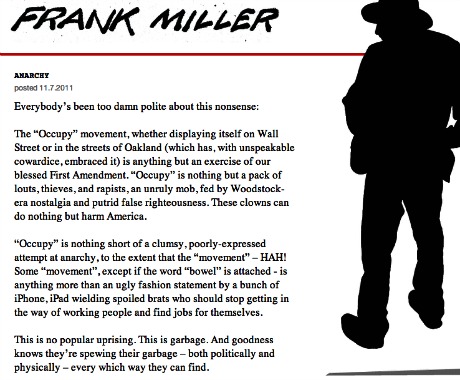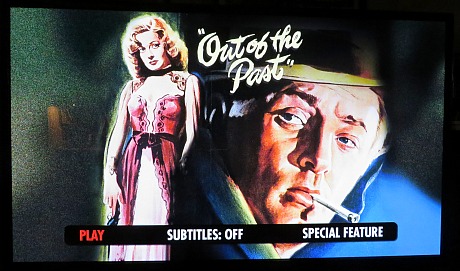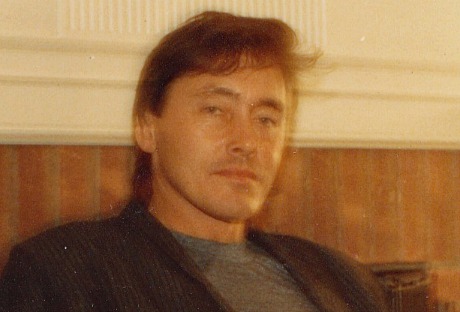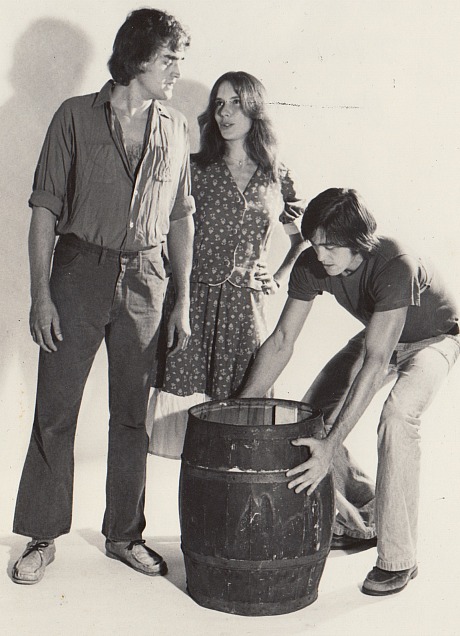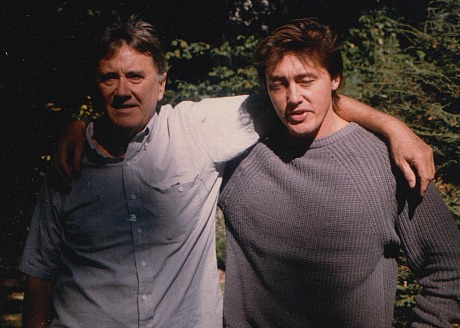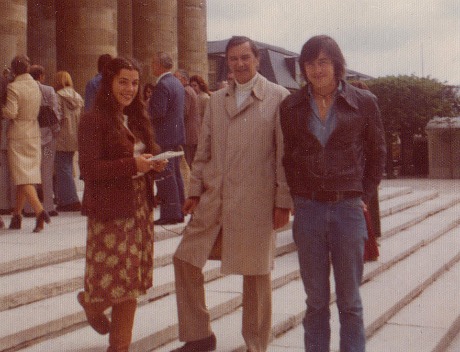The politically correct brigade has struck again. This time it’s over an errant phrase in an 8.24 N.Y. Times profile of the late Michael Brown, the 18 year-old who was killed by Ferguson police officer Darren Wilson on August 9th, which set off days of protesting in that city and torrents of anger nationwide. The inflammatory wrongo, in the eyes of vigilant watchdogs, is reporter John Eligon‘s description of Brown as “no angel” at the top of the fifth paragraph. To the goose-steppers this indicates a slightly racist undercurrent. To them it implies that Eligon is obliquely characterizing Brown as a kind of troublemaker who may have exacerbated matters and perhaps even hastened his own doom when he and a friend were told by Wilson to “get the fuck on the sidewalk.”
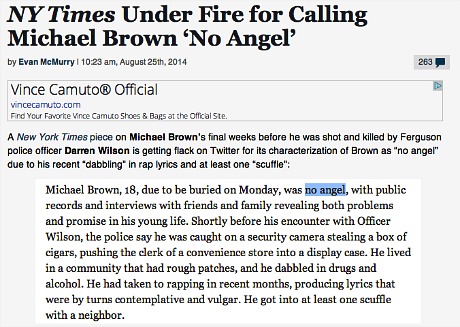
They’re basically saying that journalists aren’t allowed to describe an African-American victim of police violence as “no angel,” even if the victim had a somewhat checkered history. Eligon was required to portray Brown in more neutral-ish terms, even if the sum of the observations and anecdotes about Brown may have allowed for the use of that term. That’s a no-no, reporters, and if the rest of you slip into this attitudinal realm you’re going to get slammed on Twitter.
Eligon and his editors may be closet racists, but his piece struck me as a result of simple shoe-leather reporting. It offers a mixed but not unduly negative portrayal of Brown, who is described in roughly the same kind of terms that I could have been portrayed with when I was 18. Or that the young Robin Williams or Sam Kinison or Elvis Costello might have been described with. Or that almost any contrarian kid with any fire in his veins could have been described with.


